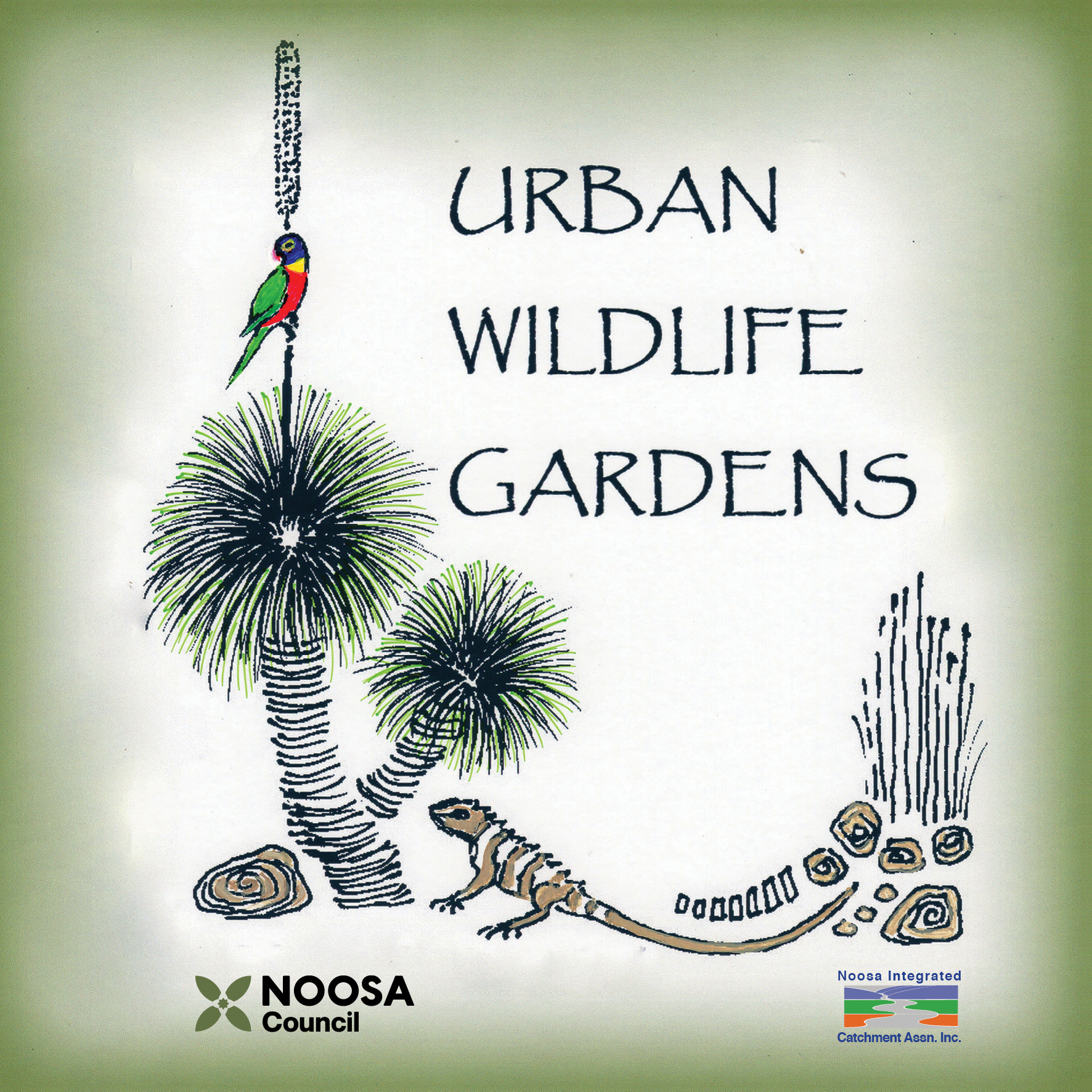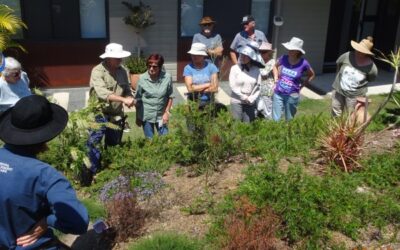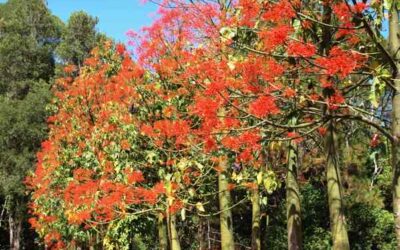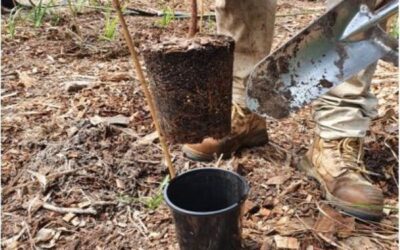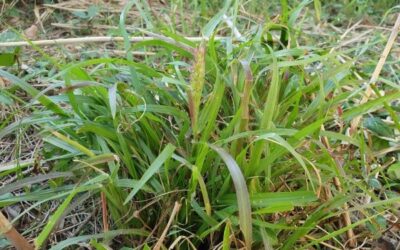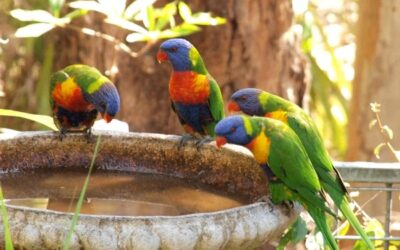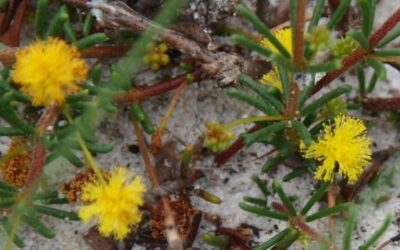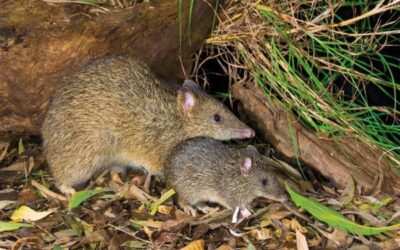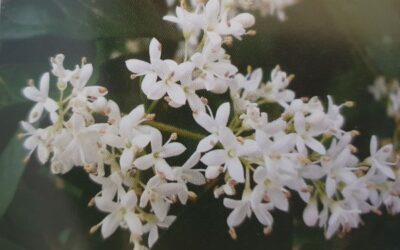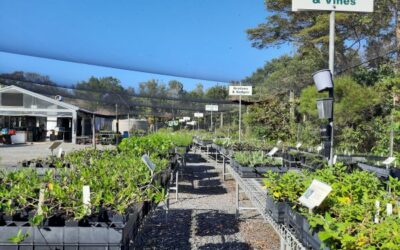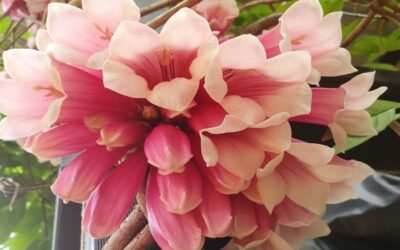Resources
Visit regularly for fresh information on Urban Wildlife Gardens.
Native Plants Pruning Workshop
The Urban Wildlife Gardens (UWG) program continued its bi-monthly workshops on Saturday 9th October in the Cooran Garden of Jan Cole.
Flowering Now – Flame Tree
This article was written by Stephanie Haslam about 16 years ago for the Noosa News column Noosa’s Native Plants.
Gardening Tip October
Spring is a season for planting. Read on for tips on how to choose plants with the right amount of root growth and a trick get them out of the pot.
Weed of the Month – Mossman River Grass
Staying with theme of weeds that hurt people, this month we look at Mossman’s river grass.
A Bird Friendly Garden
Want to Encourage more wildlife to your garden? Check out BirdLife’s guidelines on creating a bird habitat.
Noosa’s Native Plants
This article was published about 15 years ago in the Noosa News. It is still very topical. The photographs are by Stephanie Haslam, and pressed specimen by Dr. Harrold
Local native animal – Bandicoot
In this issue we look at the Bandicoot and how we can provide habitat for them in our gardens and bush blocks.
Weed of the month – Privet
This month we look at a weed that is not only an environmental concern but is also a health risk to humans.
Coolum Community Native Nursery Membership is Free
Coolum native nursey is a valued partner of UWG. Many of our members have sourced their 4 membership plants from here.
Keen to plant natives, start with these 7
UWG member Kay found this article interesting and useful so she has shared it with us.
Get In Touch
c/- NICA, PO Box 172, TEWANTIN, QLD 4565
Let's Build Your Dream Garden Together
